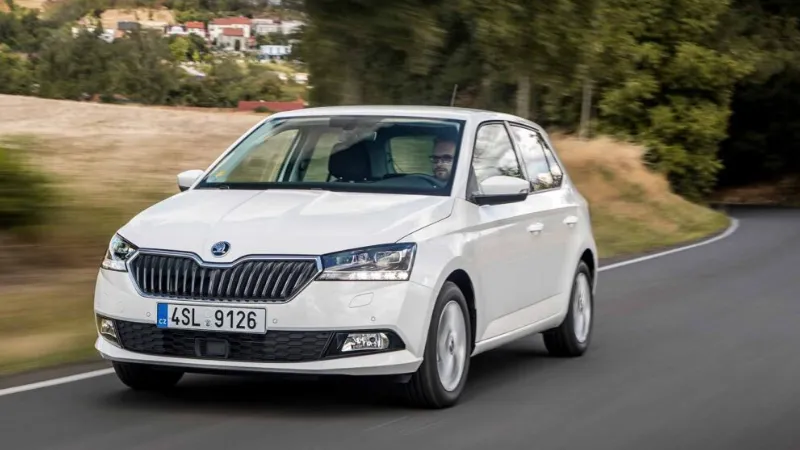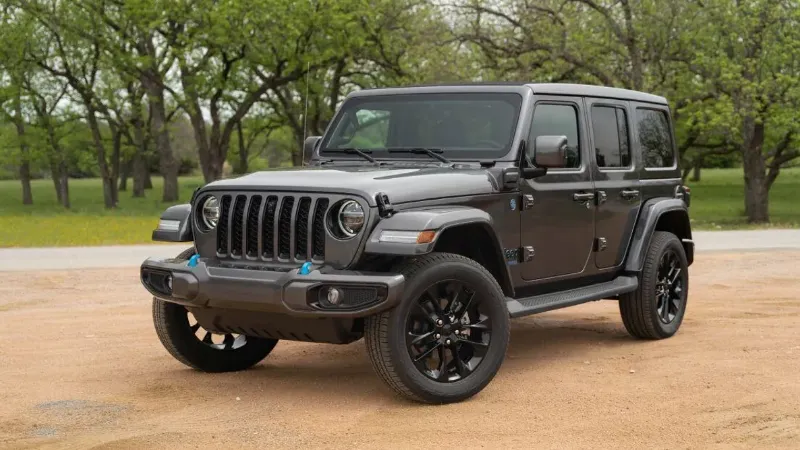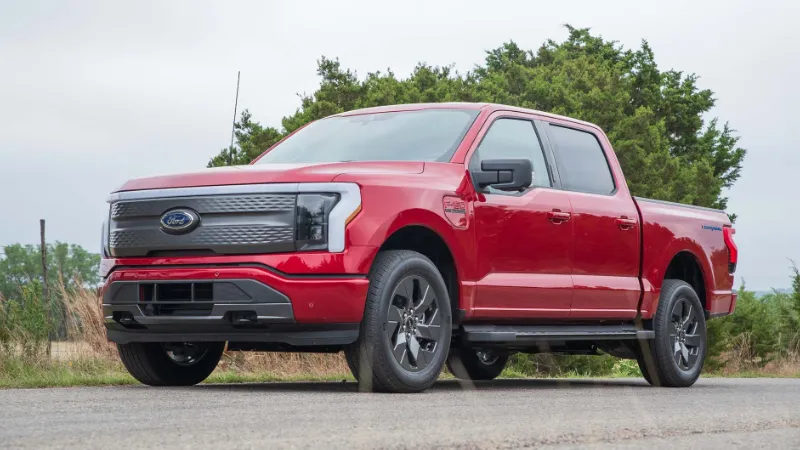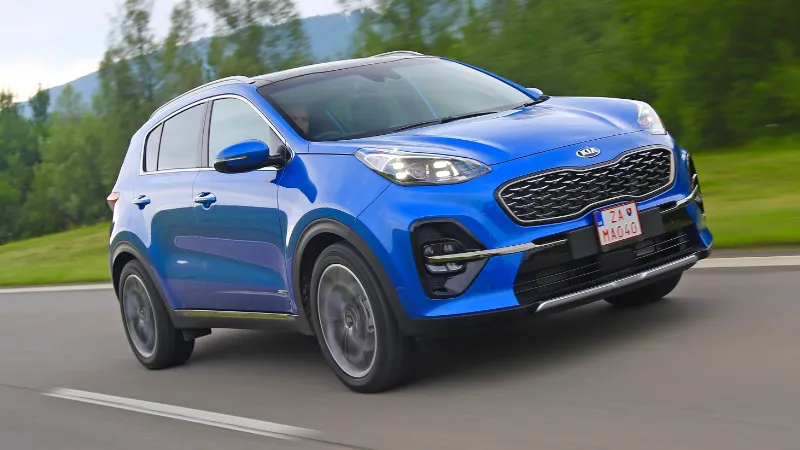“How much should a car down payment be” depends on whether you plan to purchase a new or used car. Is there a minimum? Does putting down more cash result in a better deal? And how much will your down payment change your monthly payments?
Although your credit score can have an impact on this, a 20% down payment on a new car or 10% on a used car is typically sufficient. Keep reading.
How Much Should I Put Down on a Car?
Making a 10 to 20 percent down payment is a smart idea. However, in general, the more you can deposit, the less interest you’ll end up paying. The key is to strike a balance between what you want to pay and what you can actually afford. There is no sense in blowing your budget by making a sizable down payment that will cause disruption for several months.
The Upside Down
Being in the negative on your loan is one of the most crucial outcomes to avoid when thinking about your down payment. You have an overdraft if you owe more on your loan than the car is worth. For this reason, the 20% and 10% numbers are typically regarded as minimums. If you settle for less, you run the risk of defaulting on your loan.
Being in the red can be particularly stressful given that you have to repay the entire loan. If you sell the car, you’ll be responsible for paying the difference yourself. If you get in an accident or have your vehicle stolen, your car insurance coverage won’t cover the gap left in your loan if you’re upside down, unless you have added gap insurance to your policy.

What About Credit Scores?
Any lender will probably start by considering your credit score when determining the terms of a loan. Every time a lender pulls your credit rating, your overall score might decrease by five to 10 points. Your credit score can be completely independent of your ability to put down a big down payment, but it will still affect the conditions of your loan.
As you put more money down on your loan, the impact of a low credit score on the terms of your loan decreases. A larger down payment can help convince lenders that you’re less risky because they will always be hesitant to lend to borrowers with bad credit.
Less Interest
One of the sneakiest elements of taking out any kind of loan is interest. Less time and money are available for your lender to earn interest on if you put down a larger amount of money, which results in lower monthly payments and a shorter loan term. Remember, financial planning for a car loan should include comparisons between overall costs — with interest included — when considering loan options.
Can You Buy a Car With No Down Payment?
Perhaps your current financial situation isn’t ideal, or you just don’t want to put any money down. Can you still purchase a car in this situation?
Without a down payment, you might be able to buy a car, but the disadvantages far outweigh the advantages. Your credit score will now determine how well you fare. If your credit is excellent, then you can enjoy “zero down” loans. If you’re on the other side of the spectrum with a less impressive score, things don’t look as good for you.
You cannot immediately direct any funds toward the purchase without a down payment. Sadly, if you make this move, you might find yourself submerged in water very quickly. You will need to borrow more money from your lender and deal with higher interest rates and monthly payments. A longer repayment period will be provided to you.
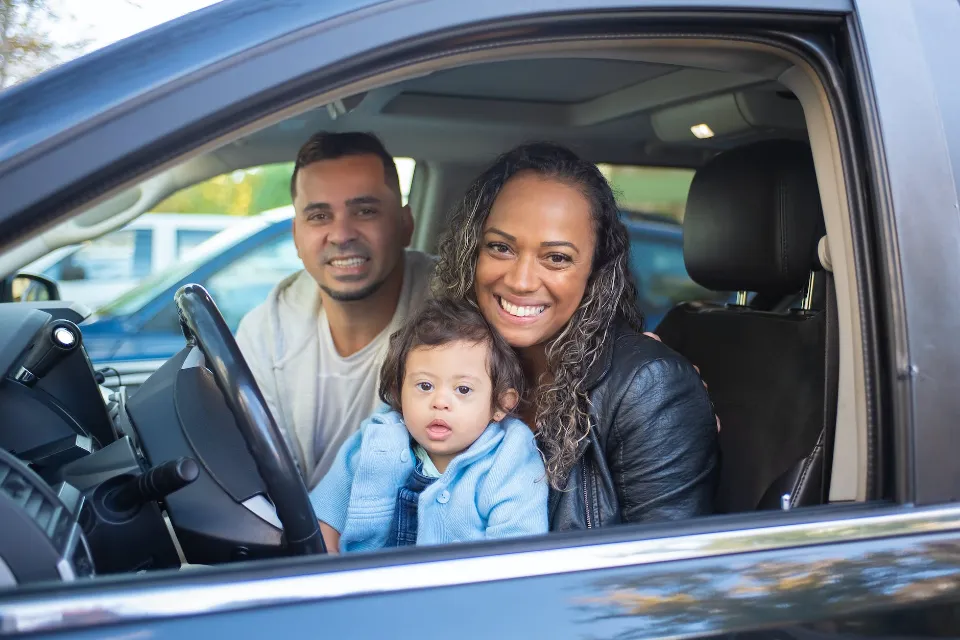
Protect Yourself When Buying a Car With No Down Payment
Are you preparing to purchase a car with no down payment but worried about the possible repercussions? Here are some ways you can protect yourself in this situation:
- Getting a Cosigner
A cosigner will be a trusted person with good credit who will take responsibility for the loan alongside you. The cosigner will be accountable if you don’t make payments as agreed.
- Go for Gap Insurance
Gap insurance can be useful if you want to prevent having to pay off any negative equity in case you go underwater.
- Opt for Loan Refinancing
If the terms and fees on a loan are too high, refinancing is a good option. Only if your credit has improved and you can get favorable interest rates on the new debt should you give this some thought.
- Purchase a Cheaper Car
A good way to reduce the amount you need from a loan is by going for a less expensive car. In this case, older models work great.
- Trade Your Old Vehicle
If you plan to finance your new car, trading in your current vehicle may count as a down payment.
Saving for a Down Payment
The advantages of making a down payment on a car are obvious, but if you’re unable to do so right away, there are still things you can do to get there (10–20%). Make research your first step. Determine the value of any trade-in as well as the purchase price of the car you’re looking to buy.
Utilize automation tools that take money out of your checking account each week to put into savings if you have trouble reining in your spending. Making a portion of your money less accessible is often what it takes to ensure you’re saving enough to make a down payment on a car.

Lowering Monthly Car Payments
If you know where to look and are open-minded about your expectations while looking for a car, it’s simpler than you might imagine to lower your monthly car payments. Keep in mind the following tips you’ll need to implement prior to purchase to keep the monthly payments on your loan terms lower:
- Improve your credit score: Credit report discrepancies are a significant factor in interest calculations, and your credit score directly influences the amount of interest you will pay on any loan. If your credit score is below 600, your interest percentage may be in the double digits, while a credit score of 750 or higher may qualify you for interest rates as low as 5%.
- Get estimates of the term conditions from nearby banks, credit unions, and lenders before speaking with lenders at a car dealership. With those estimates in hand, you’ll be in a better negotiating position with a dealership’s lender.
- Let go of high expectations: Some of the nice car models on the market can be alluring. Although they are expensive, we also enjoy driving sports cars and luxurious cars. Costs can be greatly reduced by learning to accept something that won’t have all the bells and whistles but will still do the job safely.
Why Your Car Down Payment Amount Matters?
- Lower your interest rate
Your interest rate will typically decrease the more you put down. Lenders will view you as a lower-risk borrower if you make a sizeable down payment and only finance a portion of the purchase price. Additionally, if you borrow less money, you can probably choose a loan with a shorter term and pay less interest overall.
- Lower your monthlypayments
Putting more down reduces the amount you’ll need to finance and helps you to pay the loan off sooner. Your monthly payment decreases by $15 to $18 for every $1,000 put down, on average.
You can use our auto loan calculator to see how various down payment amounts will affect your monthly payments.
- Lower your loan-to-value ratio
Auto loans are secured by the value of the car, and lenders have limits for how much a person can borrow compared with the value of the vehicle — called loan-to-value ratio, or LTV. Every lender has different LTV guidelines for approving loans, and in some cases, making a larger down payment can help you meet a lender’s LTV ratio requirement.
The LTV ratio is also a tool that lenders use to assess the risk of a loan. When you borrow less than the car’s value, it reduces the risk of the lender losing money if you default on the loan. Loans considered to be lower risk tend to come with lower interest rates.
- Avoid being upside down on your loan
A new car loses 20% of its value through depreciation in the first year after purchase. For this reason, experts advise putting down more money for a new car than a used one.
If you put down less than 20%, you run the risk of owing more money than the car is worth. This is called being “upside down” or “underwater,” and it can put you in a precarious financial situation. The difference would be your responsibility if you chose to sell or trade the car.
If you’re in an accident and your car is totaled, the insurance company’s payment — which is based on the cash value of the car — may not cover the full amount you still owe. (Gap insurance is intended to cover this risk.)
- Improve your chance of loan approval
A larger down payment can boost your chances of being approved for an auto loan if you have bad credit or a low FICO score (620 or below). You might be eligible for financing with better terms and a lower interest rate if you are approved, too. In fact, some lenders demand a 10% down payment or $1,000, whichever is less, from car buyers with bad credit or no credit at all.

Is Zero Down a Bad Idea?
In rare cases, it may be fine to put zero down—or if you have no choice because you don’t have the funds to put anything down. Dealerships certainly know how to bring buyers through the door using a zero-down approach. However, you should only actually take them up on that offer if they are providing 0% financing and you are paying for the car in full with cash.
In that case, you could put your money in a savings account that pays interest while you make car payments and earn interest on your savings. But be sure you won’t touch the money that you saved for the car; otherwise, it won’t make sense to pay off the 0% loan over time.
FAQs
What is a Good Down Payment for a Car?
A 20% down payment on a loan for a new car is typical. You may be able to deposit 10% on used cars. A way to prevent owing more on the loan than the car is worth is to put down a larger down payment. Just the necessary amount should be put down when leasing a car.
Is There a Standard Minimum Down Payment for a Car Loan?
No, how much you put down depends entirely on how much cash you have on hand and how much the car dealer is willing to finance.
Can I Get a Better Interest Rate With a Larger Down Payment?
If a buyer puts more money down up front, the lender might offer more enticing rates. They reduce their risk exposure by financing less money, which justifies the higher rate.
Does a Large Down Payment Offset a Low Credit Score?
Your credit history is important, even though a sizable down payment might make you more appealing to lenders. Before applying for a loan, it is a good idea to raise your credit score as much as you can because it reflects your ability and track record of timely repayment.
Summary: How Much Should a Car Down Payment Be?
A car starts losing value as soon as you drive it off the lot, and after the first year, it has lost about 20% of its original value. Therefore, it makes sense that down payments for used cars are lower than those for new cars.
The 20% for new cars and 10% for used cars percentages are fairly standard, but they don’t have to be the amount you’ll pay at the time of purchase. The value of the car beyond its new or used status is one of many variables that will determine the appropriate number for you.
If you want better auto loan rates, making a down payment on a vehicle is crucial. In order to reduce your monthly payments and interest rates, assess your budget and see if you can pay more up front.
If you have any questions, please leave a comment. KV Auto tries to give you the best car industry information. Thank you for reading.


